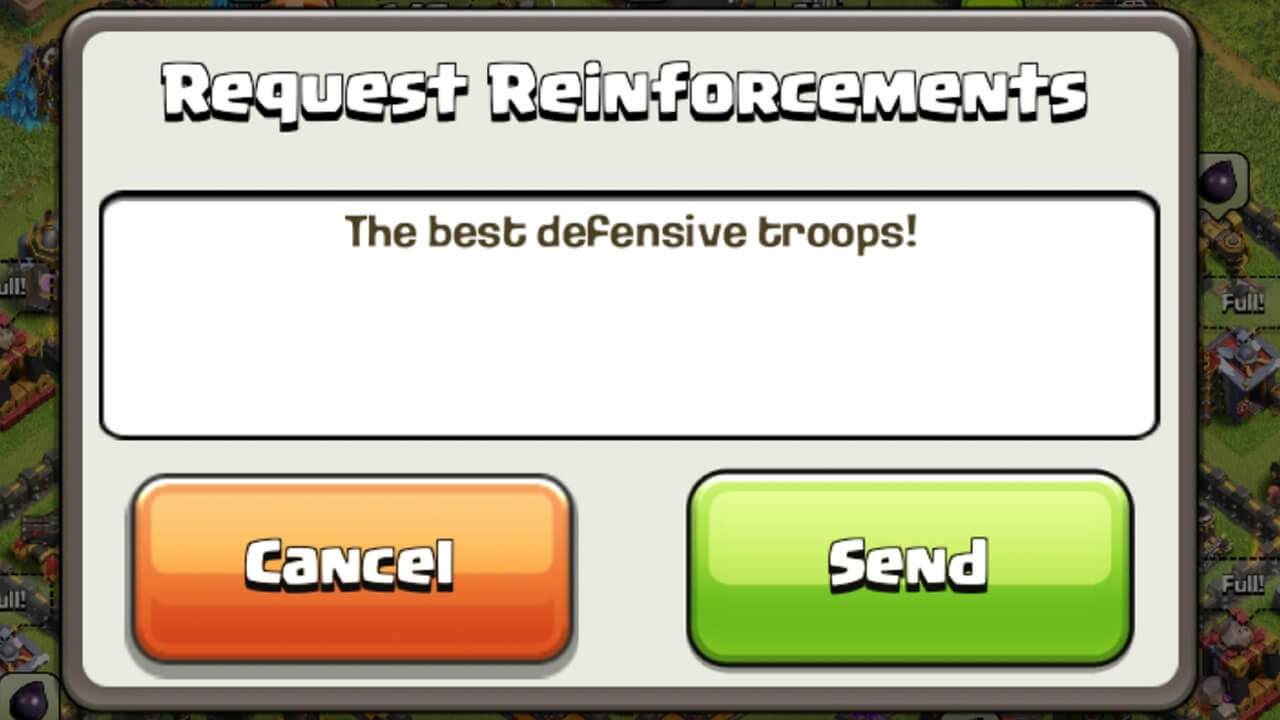

Many of these countries also allow their senior officers to be seconded to either the Office of Military Affairs in New York or a UN Peacekeeping mission in the field. It is true that some Western countries provide UN missions with specialized contributions. Numbers are not the only way in which to contribute. And Australia is not alone: Canada deploys only 153, Germany 254, the Netherlands 27, the United Kingdom 284, the United States 116, Denmark 32, Sweden 53, Norway 71 and Portugal 1. Despite the rhetoric, at present Australia has a total of 64 personnel deployed to UN Peacekeeping missions. Australia, for instance, stated in a brochure to back its bid for a seat on the 2013–14 Security Council that it “has contributed 65,000 personnel to more than 50 UN and other multilateral peace and security operations worldwide, including in Timor-Leste, Solomon Islands, Lebanon, Sudan, Cyprus and Korea”. Many Western countries continue to boast of their proud peacekeeping traditions. With this reduction well under way, many in peacekeeping circles are beginning to ask the question: will Western militaries return to UN Peacekeeping? The International Security Assistance Force (ISAF) mission in Afghanistan is still ongoing, but a reduction in troop numbers has begun and by the end of 2014 the bulk of the international force will have departed the country. Since 2001, Western expeditionary forces have focused on stabilization and counterinsurgency operations in Afghanistan and Iraq. In the case of Sierra Leone, a unilateral ‘over-the-horizon’ mission (launched from beyond visual and radar range of the shoreline) by the United Kingdom, known as Operation Palliser, operated in support of UNAMSIL but not as part of the official mission. Instead, they decided to deploy under the North Atlantic Treaty Organization Kosovo Force and the Australian-led International Force for East Timor.

In both Kosovo and East Timor, Western countries opted against deploying their troops under UN command. However, by the end of the 1990s, the international attitude shifted back towards peacekeeping with the establishment of two ambitious transitional administrations in Kosovo and East Timor, and the multi-dimensional UN Mission in Sierra Leone (UNAMSIL). The Security Council too held back for a number of years on authorizing large deployments. However, after the Battle of Mogadishu in October 1993 (commonly known as the Black Hawk Down incident), Western countries withdrew their troop commitments to peacekeeping. They deployed troops in significant numbers to places like Bosnia, Somalia and Cambodia. In early 1993, many Western states - including the United Kingdom, France, Norway, the Netherlands, Canada and Australia - actively contributed to United Nations peacekeeping.


 0 kommentar(er)
0 kommentar(er)
